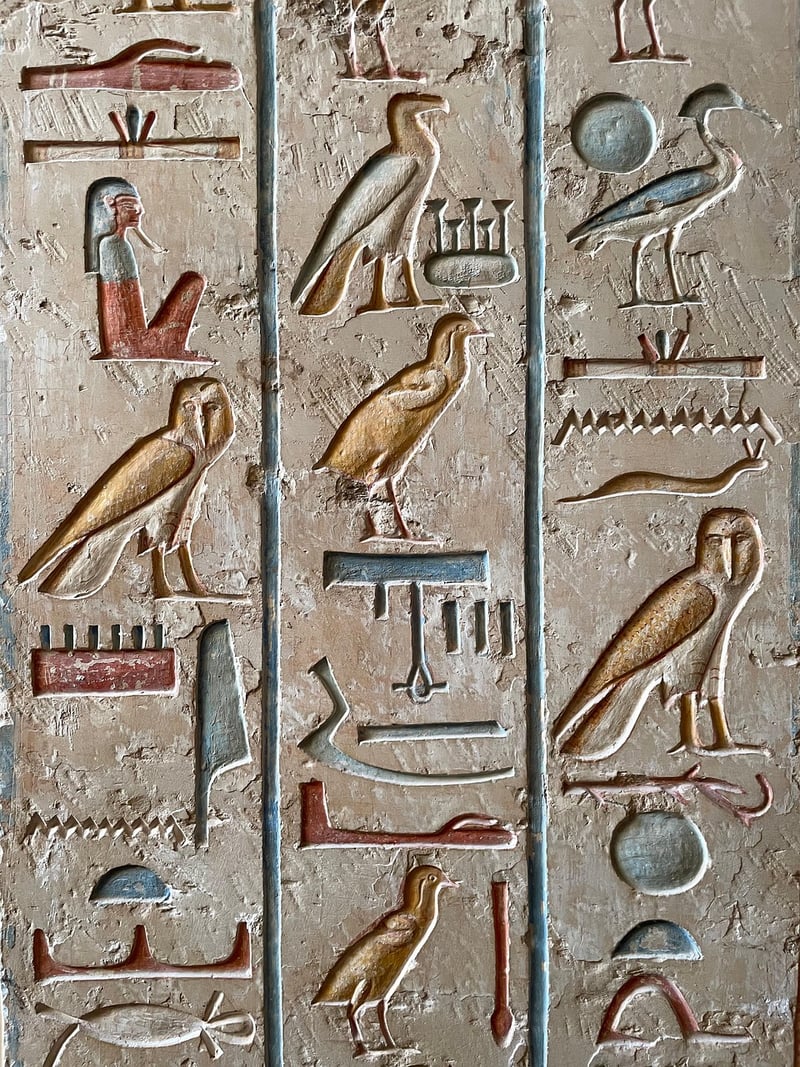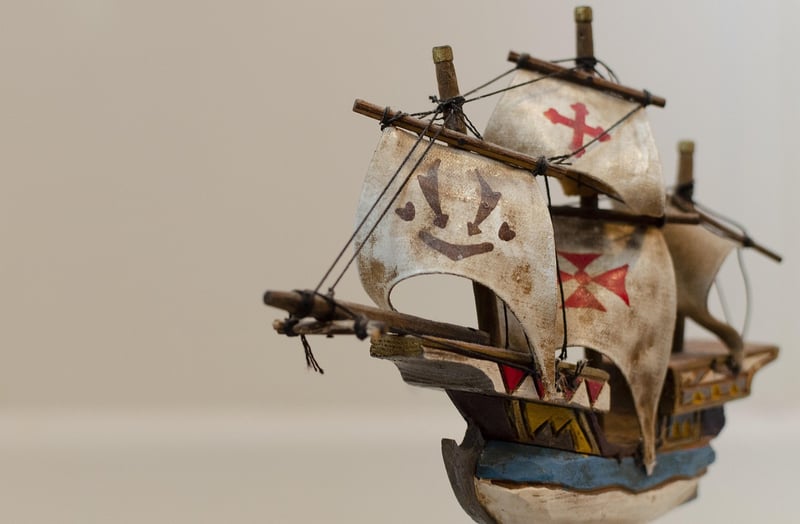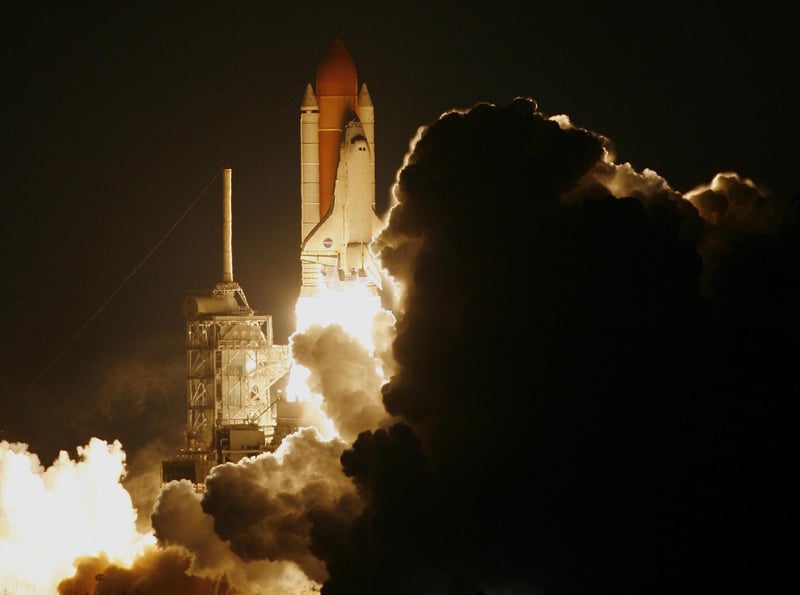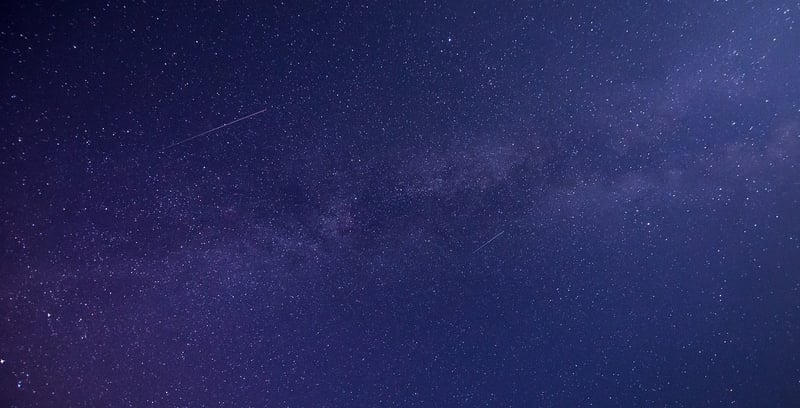Future Exploration
The Evolution of Exploration: From Ancient Times to the Future
Ancient Exploration
Ancient civilizations like the Egyptians, Phoenicians, Greeks, and Romans were early pioneers of exploration. They traveled by land and sea, discovering new lands, trading goods, and expanding their empires.

Age of Discovery
The Age of Discovery in the 15th to 17th centuries saw European explorers like Christopher Columbus, Vasco da Gama, and Ferdinand Magellan embark on voyages to find new trade routes and lands. This era led to the globalization of trade and the exchange of cultures.

Modern Exploration
Exploration continued into the modern era with expeditions to the poles, deep-sea exploration, space travel, and the mapping of the ocean floor. Advances in technology like satellites, submarines, and spacecraft have enabled humans to reach new frontiers.

Future Exploration
The future of exploration holds exciting possibilities, including manned missions to Mars, deep-space exploration, asteroid mining, and the search for extraterrestrial life. Advancements in robotics, artificial intelligence, and propulsion systems will shape the next era of exploration.

Exploration has always been a driving force for human curiosity and progress. From ancient journeys to the depths of space, each era of exploration has expanded our understanding of the world and universe we live in.
What do you think the future holds for exploration? Share your thoughts and join the conversation!
References: Age of Discovery, NASA
